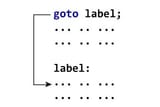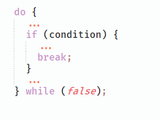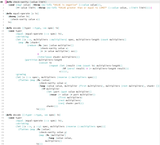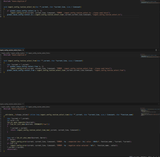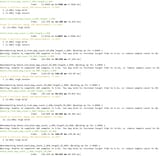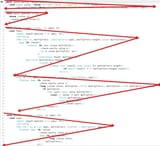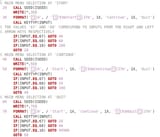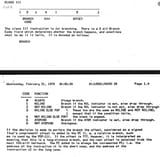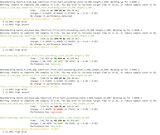>>106170530
I had taken a course on "AI", not GPT, where we really only spent a couple weeks with expert systems.
I've been on & off reading the book "Rule-Based Expert Systems" (Buchanan, Shortliffe, et. al).
Databases are more suited towards large amounts of generic information that is processed 1 by 1. Or commonly referenced records.
In an Expert System you're dealing with just 3 sets of information. In this case its a large LISP program, so everything is in LISP syntax, including factors, rules, goals, everything.
The program doesn't quite work on large amounts of data at once, but bite-size pieces of information, like "bob is a man", "bob is over 30", "the culture was received from a sterile site", "the sample site was blood", "blood is normally sterile". These are all given certainty factors (not conditional) to provide confidence to the assertions.
I think the relationship with databases would basically start and end with conditional logic. After that, the use-cases are just too far apart. an expert system is focusing on processing rules, while when you use a database you're looking to process the data itself. I think you would rarely find yourself doing any time of set operation on a table, in an expert program.
I've never actually looked at PROLOG before, once I finish my non-data science project I might check it or LISP out. Ever since I took that course on AI I have been kinda just looking for an excuse to build an expert system. But I don't have day-to-day problems that require expert level knowledge.
